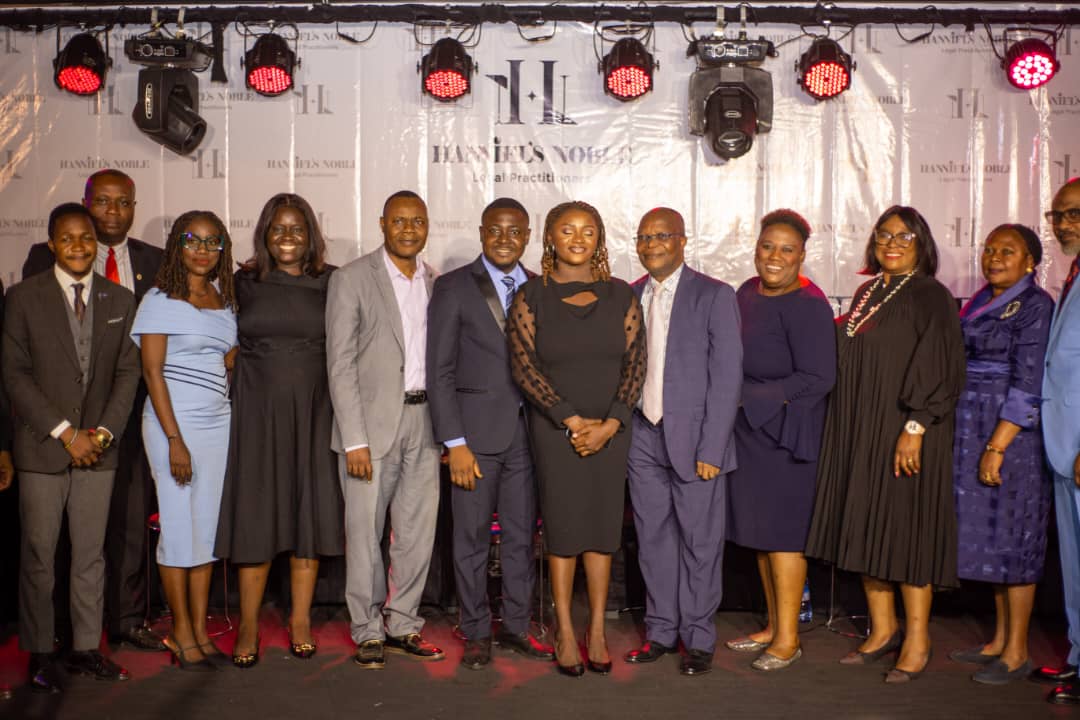Surrogacy has been described as a vital pathway to modern development in Nigeria, offering hope to individuals and couples facing infertility and other reproductive challenges.
This view was echoed at the maiden annual lecture of Hanniel’s Noble Legal Practitioners, held in Ibadan, Oyo State, under the theme “Surrogacy as a Pathway to Modern Development in Nigeria.”
The event, which brought together legal minds, health professionals, academics, and government representatives, focused on the ethical, legal, cultural, and economic dimensions of surrogacy in Nigeria.
Delivering the keynote lecture, Prof. Omolade O. Olomola of the University of Ibadan argued that the inability of some women to conceive naturally does not invalidate their desire or right to become mothers. She revealed that surrogacy, enabled through Assisted Reproductive Technologies (ART) such as IVF, offers such women an opportunity to have biological children.
Prof. Olomola also highlighted the absence of a clear legal framework on surrogacy in Nigeria, noting that while not explicitly prohibited, the practice lacks official recognition. This legal grey area, she said, creates confusion around parental rights and leaves room for exploitation.
“The Constitution guarantees rights to life, dignity, and privacy. So, a woman has the autonomy to choose to become a surrogate,” she said. “However, this freedom must be matched with legal protections and regulatory oversight.”
She referenced the Surrogacy Bill of 2024, which recently passed its second reading at the House of Representatives. Sponsored by Hon. Ayodeji Alao-Akala, the bill seeks to establish the Nigerian Surrogacy Regulatory Commission (NSRC) to monitor the practice and curb black-market exploitation of hopeful parents.
Adding his voice, the event convener and Lead Partner at Hanniel’s Noble Legal Practitioners, Othniel Idowu Falana, Esq., shared his personal motivation for championing surrogacy awareness. He recounted a 2021 case where children born through surrogacy were denied visas, calling it a denial of identity and an infringement of their rights.
“Infertility is not a fault, and children born through surrogacy should not be discriminated against,” he said. “Surrogacy is here to stay. The only way forward is to regulate it effectively to align with our social and religious values while protecting the rights of all involved.”
Falana also raised concerns over the high cost of surrogacy in Nigeria, suggesting that commercialisation, if well-regulated, could make the practice more accessible. “With more surrogacy centers and proper competition, we can reduce costs and discourage exploitation,” he noted.
Other speakers included:
– Dr. Abiola Abiade of Lead City University, who spoke on the judiciary’s role in ensuring legal stability around surrogacy.
– Dr. Adeolu Ajala, an obstetrician and gynaecologist, who discussed the medical and ethical risks involved.
– Hon. Seyi Adisa, represented by Mrs. Yewande Olayinka, Esq., highlighted the potential economic gains through surrogacy taxes, levies, and licensing.
The lecture drew praise from prominent stakeholders, including the Chairman of the Nigerian Bar Association (Ibadan chapter), Mr. Ibrahim Lawal, and the Presiding Judge of the NICN, Hon. Justice J.D. Peters. The Oyo State Ministry of Health also expressed support, calling for a formal communique from the event to guide state legislation.
Dignitaries such as Alhaja Fausat Joke Sanni, Commissioner for Women Affairs (represented by Mrs. Ibironke Igeih), and Dr. Adeniji Olanrewaju, Chief Medical Officer of Adeoyo Maternity Hospital, were also present.
The event also featured an essay competition on surrogacy, with Mr. Latona Adedeji emerging winner, followed by Miss Oluwabusayomi Dele-Ogundijo and Miss Adesola-Tella Adesope.
The consensus from the forum was clear: surrogacy is no longer a taboo but a viable reproductive alternative in Nigeria. With the right legislation and public education, it can evolve into a regulated, accessible, and ethically guided practice that upholds human dignity and reproductive rights.

